Elzoghby Laboratory
Fibroblast Remodeling & Exosome Engineering
Targeting the immunomodulatory role of fibroblasts using nanomedicine and exosome engineering technologies paves the way for novel immunotherapeutic interventions that hold promise for revolutionizing treatment of cancer, and autoimmune fibrotic conditions

Welcome to Elzoghby Lab
Welcome to our laboratory, where the cutting-edge field of stromal immunoengineering takes center stage. Our research explores the complex and dynamic crosstalk between cancer cells and cancer-associated fibroblasts (CAFs) within the tumor stroma. Additionally, our recent endeavors have expanded to harness our nano-engineering technology to modulate the pathological role of transformed myofibroblasts in autoimmune and fibrotic diseases such as rheumatoid arthritis, inflammatory bowel diseases, and renal fibrosis. Here, the intricacies of fibrotic pathogenesis present an imposing challenge, acting as formidable barriers to efficacious therapeutic interventions for these disorders.
Our Research
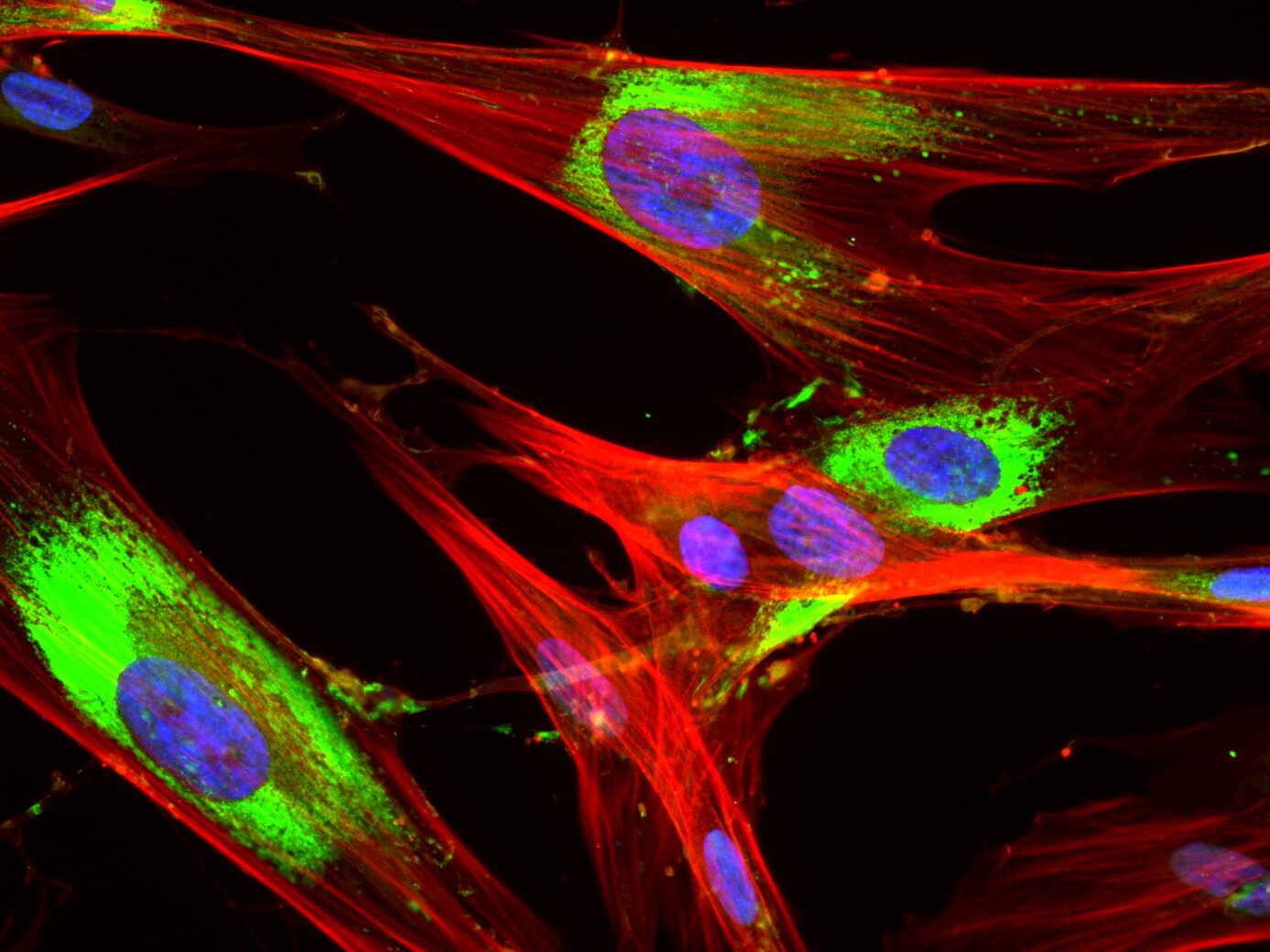
Learn more…
Cancer cells program fibroblasts into cancer associated fibroblasts (CAFs). We demonstrated that lung CAF-targeted nanomedicine that blocks fibroblast growth factor receptor (FGFR)–Wnt/β-catenin signaling pathway can reverse the immunosuppressive CAFs into quiescent fibroblasts and thereby boosting the efficacy of lung cancer immunotherapy.
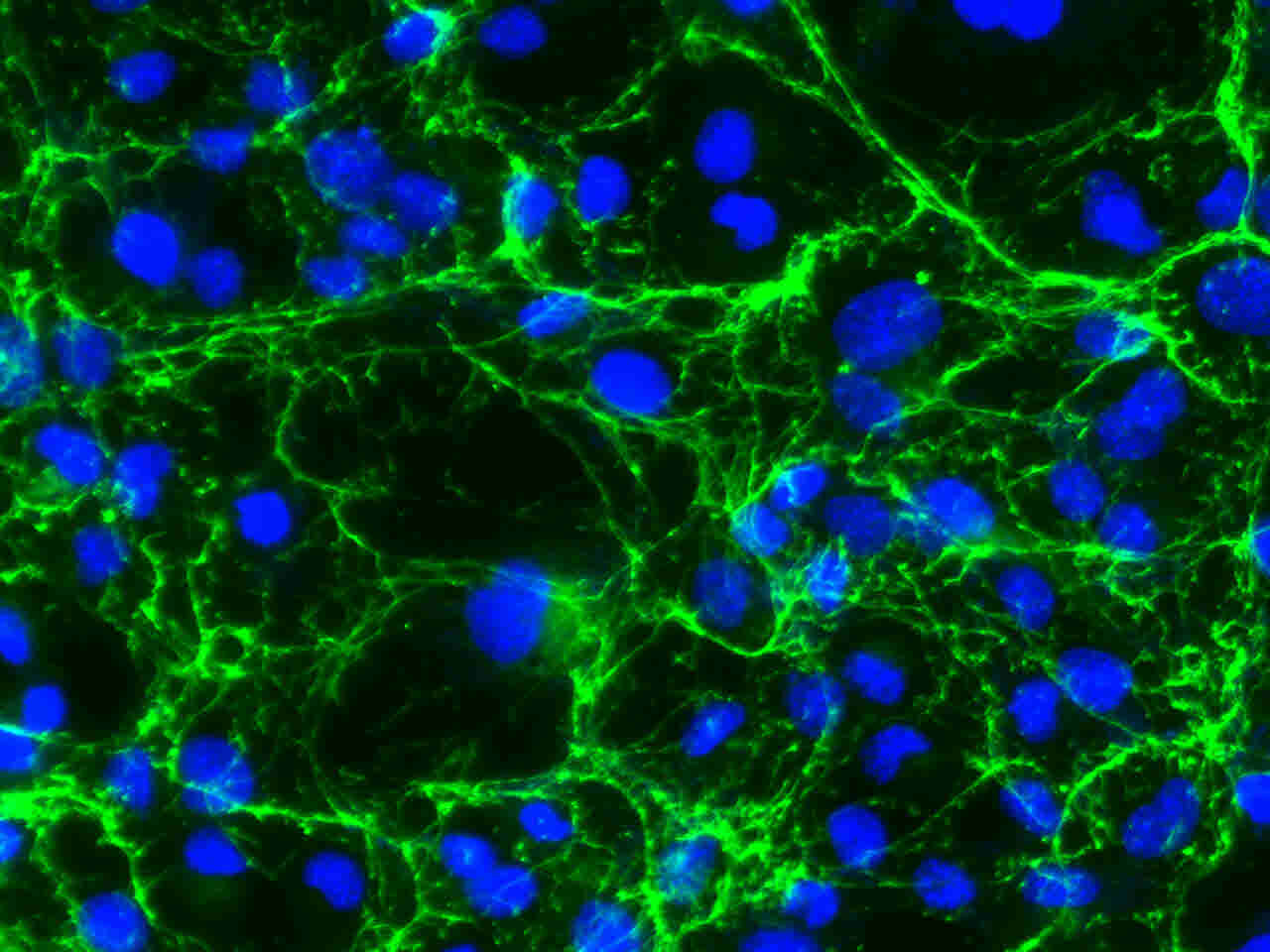
Learn more…
Pancreatic cancer patient-derived CAFs secrete excessive amounts of ECM proteins such as fibronectin and collagen which form a fibrous network of desmoplastic stroma that impedes the tumoral infiltration of immune cells. We recently engineered a highly penetrating ultrasmall nanodisc that can remodel stromal CAFs and reverses immune resistance of PDAC.
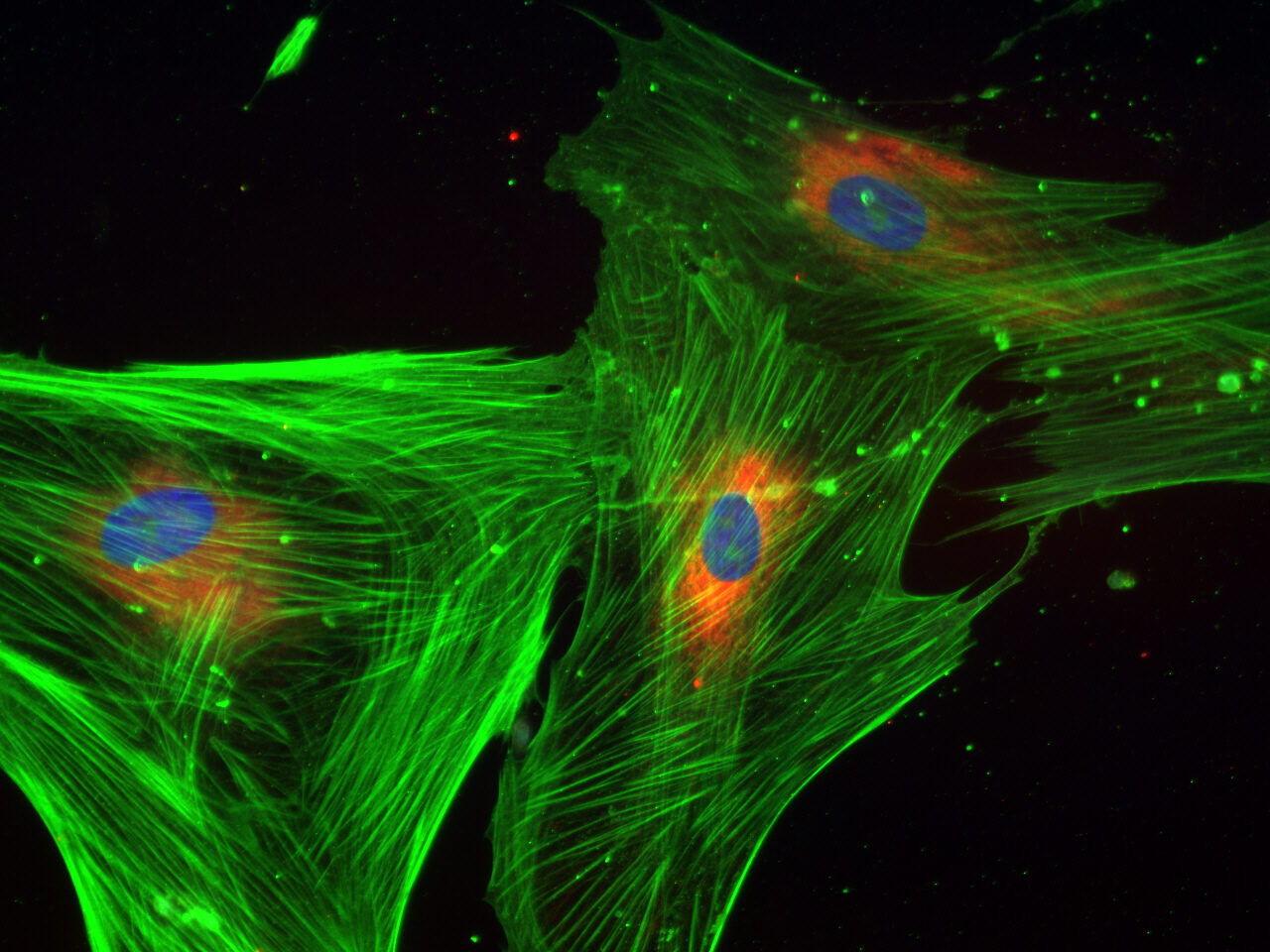
Learn more…
Renal Cell Carcinoma (RCC)-associated fibroblasts form a stromal barrier resulting in an immunosuppressive tumor microenvironment. We developed antagomir-loaded nanodisc that remodels the renal CAFs into quiescent fibroblasts and thereby reversing the immunosuppressive tumor into immune hot one.
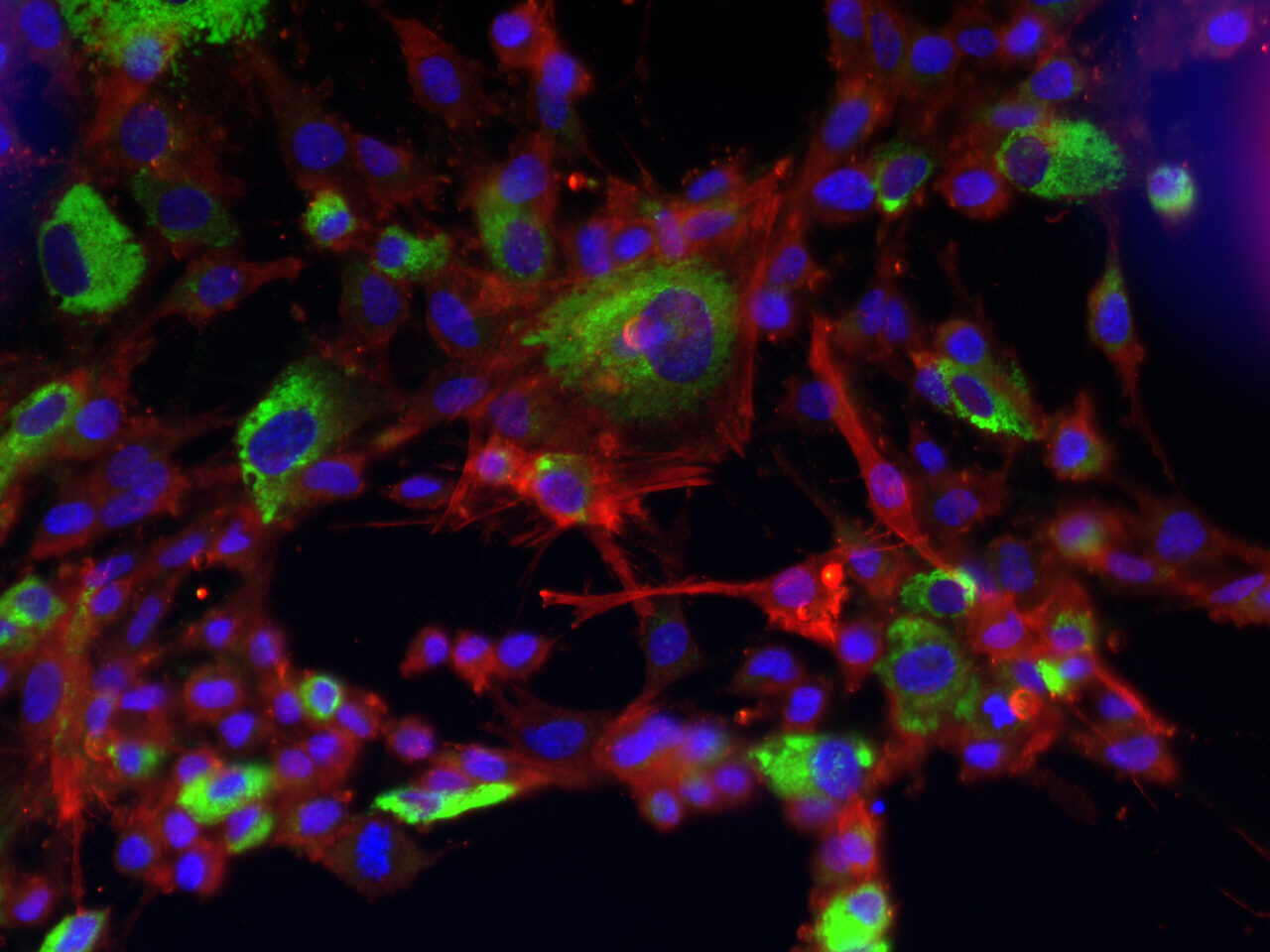
Learn more…
We designed a nanomedicine-based strategy to reprogram the differentiated colon fibroblasts into quiescent ones and thereby relieving fibrosis.
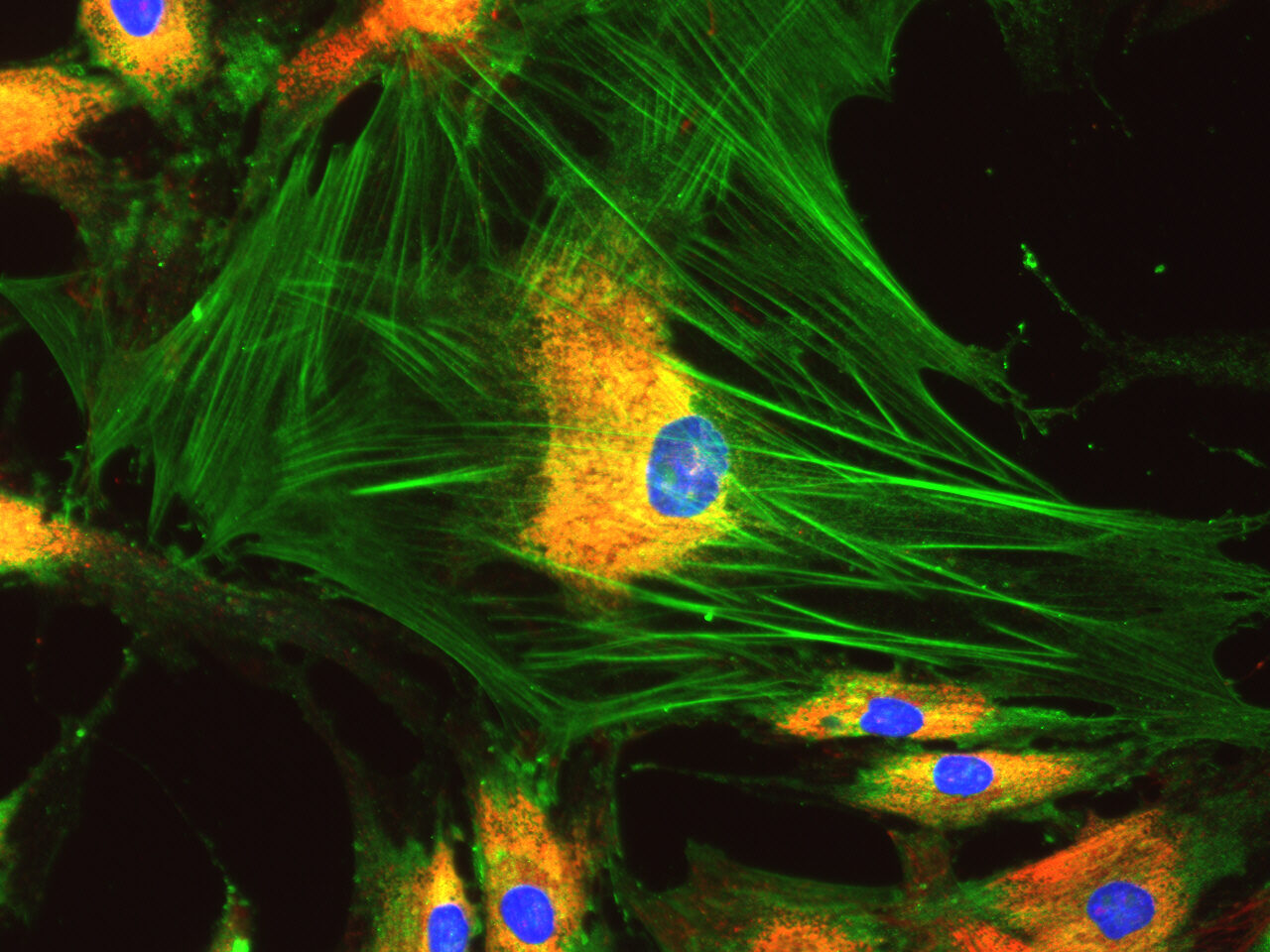
Learn more…
Targeted remodeling of the transformed synovial fibroblasts (SFs) in arthritic joint is a promising approach. We engineered a nanomedicine to remodel SFs into a quiescent phenotype to relieve joint fibrosis and reduce tissue destruction.

Learn more…
Lung cancer cells secrete exosomes that induce differentiation of lung stromal fibroblasts into CAFs. We developed lung cancer-targeted nanomedicine that synergistically shut down the exosome biogenesis/exocytosis machinery and thereby suppressing the differentiation of fibroblasts.
Proudly Funded By







